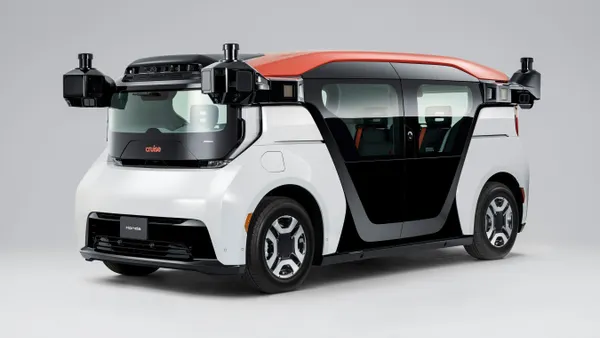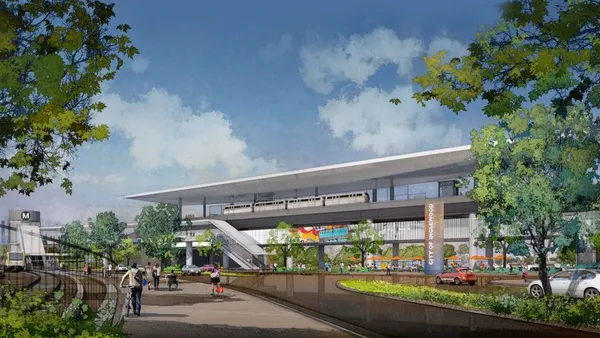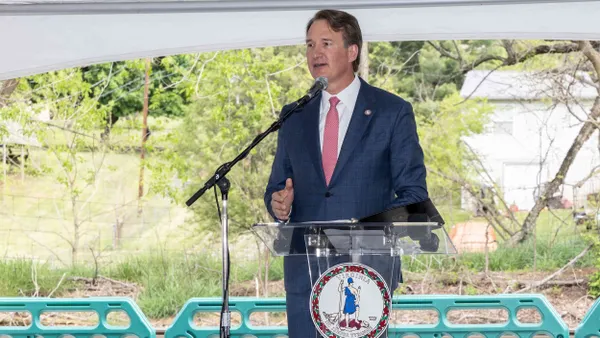Dive Brief:
- Upset over what they say are unfair pay conditions and employee classifications, Uber drivers in the United Kingdom started a 24-hour strike mid-day Tuesday, with protests in front of the company’s headquarters in London, Nottingham and Birmingham.
- The strike was organized by the United Private Hire Drivers branch of the Independent Workers Union of Great Britain and seeks a fare increase from £1.25 ($1.65 USD) per mile to £2 ($2.64) per mile in London, a 10% reduction in the commission paid by drivers and an end to what labor advocates say is an unfair deactivation practice.
- A 2016 court ruling in the UK ordered Uber to classify its drivers as employees, not independent contractors, and afford them benefits, but Uber is appealing the ruling and has not made the classification change.
Dive Insight:
The UK strike hits on issues that have dogged Uber and Lyft around the world: what rights do workers in the "gig economy" deserve, and how can they be assured a stable pay structure? The UK has been exploring possible regulations of the ride-hailing industry; a report from a review panel issued last month acknowledged “low pay and exploitation of some, but not all, drivers” and recommended a suite of measures, including a license cap, to help remedy the employment concerns. London Mayor Sadiq Khan has also sought the power to cap private hire vehicles, and has instituted several regulatory steps to give the city more control over the industry.
The issue of employee classification will hang over the company in the UK while Uber’s appeal works its way through the system, although The Independent reports that a ruling is expected later this month. If Uber ultimately loses, it would have to give drivers a national living wage, vacation time and sick pay.
In a statement to multiple outlets, Uber said the company is "always looking to make improvements to ensure drivers have the best possible experience and can make the most of their time driving on the app." A spokesman said the company has introduced "sickness, injury, maternity and paternity protections" in recent months and will "continue to look at ways to help drivers increase their earnings."
U.S. cities are also weighing how best to protect drivers, especially as studies highlight low pay in the industry, depending on hours worked. New York City announced a cap on ride-hailing vehicles to work towards fairer pay for drivers, and other cities like Chicago are considering similar policies, while Seattle is weighing a potential rate hike to send more money back to drivers.










